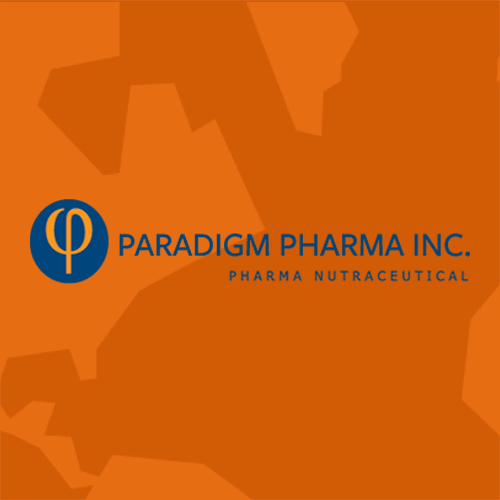
How do you manage your general health?
Vitamins, Minerals and other Supplements
Healthy lifestyle is of course the primary driver of good health. Vitamins and minerals also play a critical role in keeping us healthy; that has been well established since the discovery, in 1928, of vitamin C by the Hungarian biochemist Albert Szent-Gyorgyi , and its ability to cure scurvy. A lack of vitamin A can cause blindness; vitamin B12 anemia; vitamin D rickets.
Other than vitamin D and K, the human body can’t make any of the other essential vitamins. We have lost the ability in our evolution; our ancestors produced them naturally in their body. Today we must get them from food, and most can be obtained from a balanced diet - and/or from supplements.
Multivitamins, a combination of essential vitamins, are taken for general health. And single vitamins in high dose are taken for specific functions: B Vitamins for cell metabolism; Vitamin C, for protection against immune system deficiencies, cardiovascular and cancer diseases, and is thus ideal for overall health; Vitamin D for absorption of Calcium (Calcium for maintaining bone health) for those who cannot produce enough of it due to lack adequate exposure to sunlight.
In addition, other types of supplements are recommended by physicians for living healthy: Omega 3 fish oil for reducing bad cholesterol and hence maintaining good heart health; Probiotics to supplant the colony of good bacteria in our gut; and Amino acids, the structural units of proteins, the essential building blocks of life, responsible for performing such key tasks as storing and transporting nutrients.
The 13 Essential Vitamins
- Vitamin A helps form and maintain healthy skin, teeth, bones and soft tissue.
- Vitamin C is needed for the growth and repair of tissues throughout the body.
- Vitamin D helps the body absorb Calcium, and is made when skin is exposed to the sun.
- Vitamin E helps with the formation of red blood cells and is an antioxidant.
- Vitamin K, also known as the clotting vitamin, allows the blood to coagulate.
- Vitamin B1, or thiamine, helps cells convert carbohydrates into energy.
- Vitamin B2, or riboflavin, works with the other B vitamins and is important for growth and the production of red blood cells.
- Vitamin B3, or niacin, helps the digestive system, skin and nerves to function.
- Vitamin B5, or pantothenic acid, is essential for growth and food metabolism.
- Vitamin B6, or pyridoxine, helps the body make antibodies and hemoglobin, and helps maintain nerves and blood sugar.
- Vitamin B7, also known as biotin, is essential for food metabolism.
- Vitamin B9, known as folate or folic acid, helps with tissue growth and cell function.
- Vitamin B12 helps with the formation of red blood cells and is important for the metabolism.
Source: A.D.A.M; National Institutes of Health.







